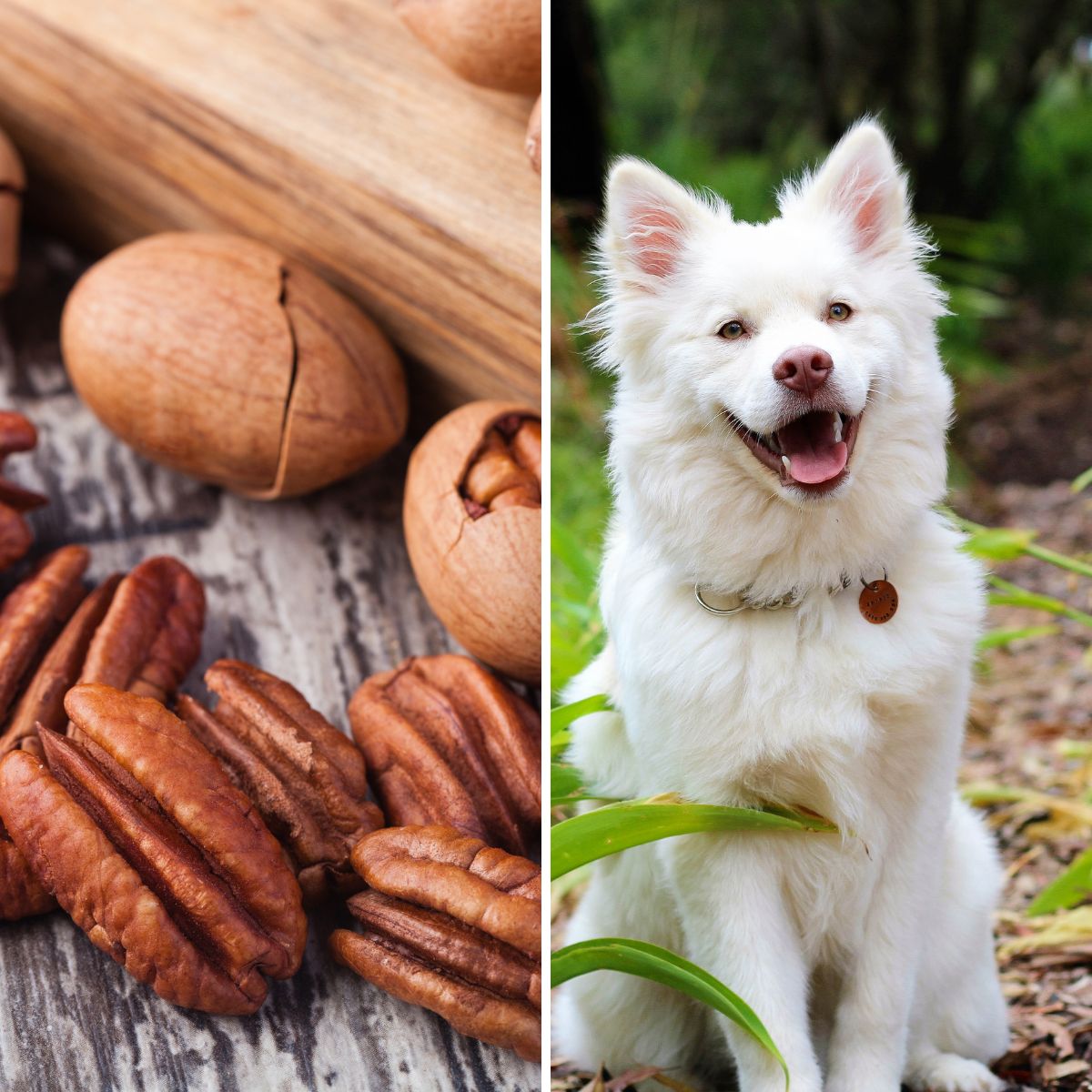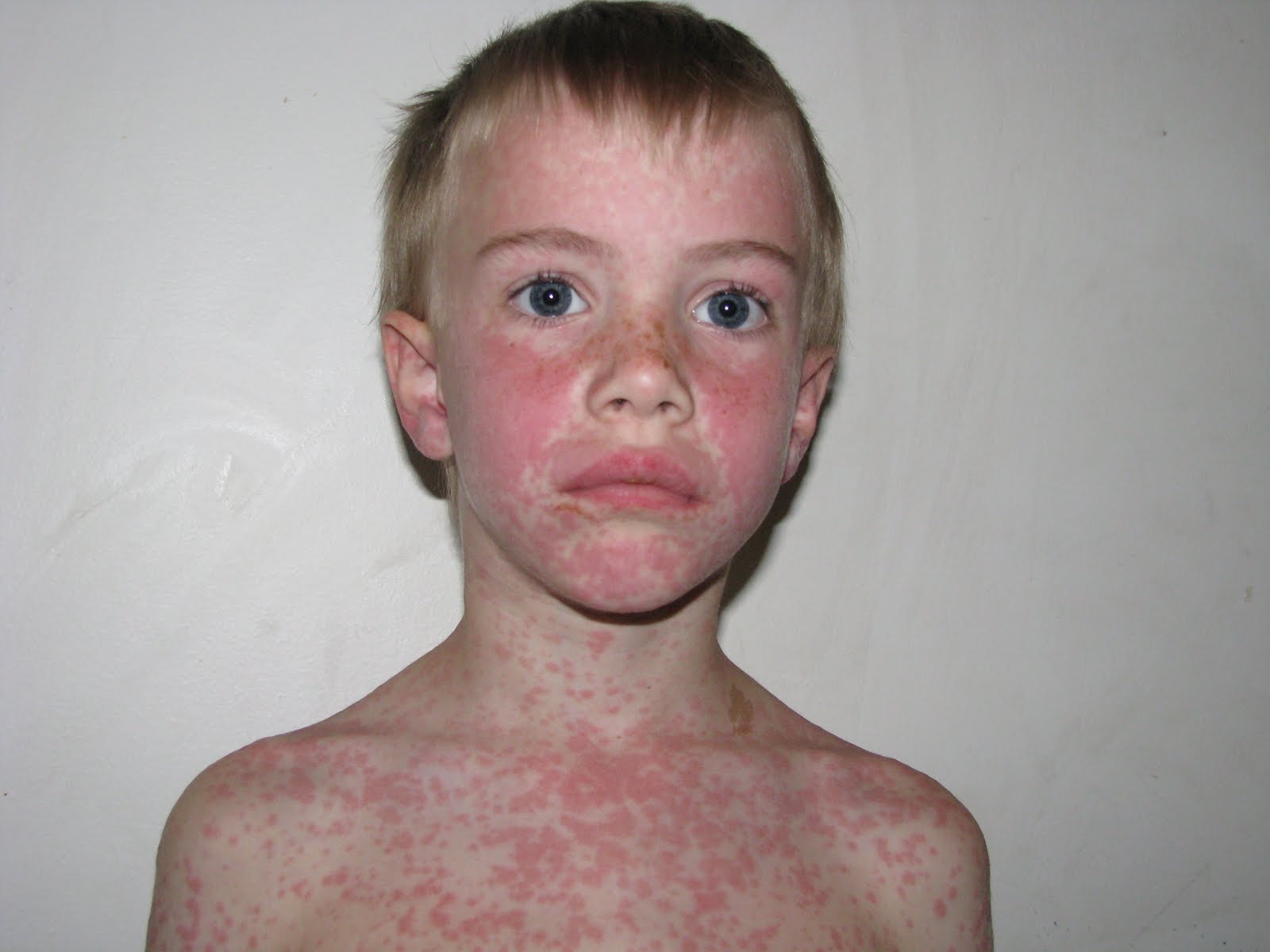As a responsible pet owner, you might often find yourself wondering about the safety of various foods for your furry friend. One such question that frequently arises is, “Can dogs eat pecans?” In this detailed guide, we will explore everything you need to know about dogs and pecans, ensuring you have all the information to keep your pet safe and healthy.
Pecans are a popular and nutritious snack for humans, known for their rich flavor and health benefits. However, when it comes to sharing these tasty nuts with our canine companions, caution is advised. This article delves into the safety of pecans for dogs, the potential risks involved, and what to do if your dog accidentally consumes them.
Key Takeway
- Dogs should avoid eating pecans due to potential health risks.
- Pecans can cause gastrointestinal upset, obstruction, and even toxicity in dogs.
- If your dog eats pecans, monitor them closely and consult with a veterinarian.
Explaination
Who’s Involved?

The primary individuals involved in this topic are pet owners, veterinarians, and dog nutrition experts. Pet owners play a crucial role in ensuring their pets’ diets are safe and healthy. Veterinarians provide professional advice and treatment in case of food-related issues, while dog nutrition experts offer insights into the best dietary practices for dogs.
Events Timeline
Understanding the timeline of events when a dog consumes pecans can help in managing the situation effectively:
- Immediate Consumption: The dog eats pecans, either by accident or intentionally given by the owner.
- First Few Hours: Initial symptoms such as vomiting, diarrhea, or lethargy may appear.
- 24-48 Hours: More severe symptoms, including signs of obstruction or toxicity, may develop.
- After 48 Hours: If symptoms persist, it is crucial to seek veterinary care to prevent long-term health issues.
How Does This Impact Them?
The impact of a dog consuming pecans can be significant for both the pet and the owner. On a personal level, the pet may suffer from discomfort, pain, or serious health issues, which can be distressing for the owner. Professionally, veterinarians may encounter an increase in cases related to food toxicity and gastrointestinal issues in dogs, prompting them to educate pet owners more effectively.
Public and Media Reactions
Media Reaction to the topic of dogs eating pecans have varied. Many pet owners turn to social media and online forums to share their experiences and seek advice. Media coverage often highlights the importance of pet safety and the potential dangers of common foods. For example, stories of dogs suffering from nut-related issues can prompt widespread awareness and caution among pet owners.
Future Prospects and Upcoming Plans
Looking ahead, it is essential for pet owners to stay informed about the latest research and guidelines regarding dog nutrition. Veterinarians and pet food manufacturers are likely to continue emphasizing the importance of safe dietary practices. Additionally, educational campaigns and resources can help pet owners make informed decisions about their pets’ diets, reducing the risk of accidental consumption of harmful foods like pecans.
In conclusion, while pecans are a delicious and healthy snack for humans, they pose several risks to dogs. From gastrointestinal upset to potential toxicity, the dangers associated with pecan consumption in dogs are significant. As a pet owner, it is crucial to keep pecans and other harmful foods out of your dog’s reach and to consult with a veterinarian if your dog accidentally ingests them. By staying informed and vigilant, you can ensure your furry friend’s health and well-being.
Remember, when it comes to your pet’s diet, it’s always better to be safe than sorry. Avoid feeding your dog pecans and opt for dog-safe treats that provide nutrition without the risk.









